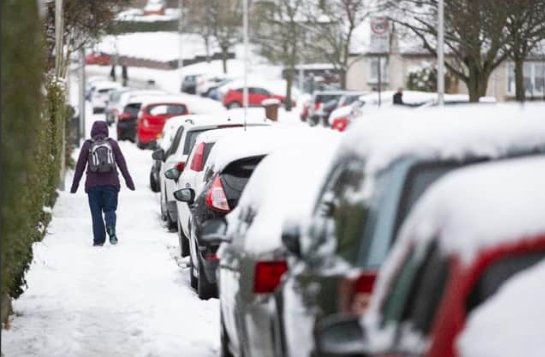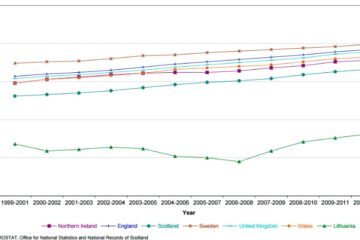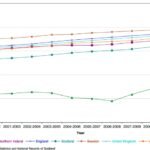Scotland has been hit by heavy snow and ice, causing disruption to schools and travel across the country. The Met Office has issued yellow warnings for snow and ice until Friday night, advising people to be aware of the potential hazards.
Schools closed due to snow
More than 100 schools and nurseries have been closed due to the snow, affecting thousands of pupils and staff. The worst affected areas include Shetland, Aberdeenshire, West Lothian, Angus, Moray, Perth and Kinross, and the Highlands.
Some schools have also closed early or opened later to allow for safe travel. Parents and carers have been advised to check their local council websites for the latest updates on school closures and transport arrangements.
The Scottish government has said that schools should remain open where possible, but that the safety and wellbeing of pupils and staff is the priority. Education Secretary Shirley-Anne Somerville said: “We recognise the challenges that this weather poses for schools, families and communities, and we are grateful for the efforts of everyone involved in ensuring that learning continues, whether online or in person.”
Travel problems caused by snow and ice
The snow and ice have also caused problems for drivers, with some roads closed or blocked by stranded vehicles. The snow gates were shut on the A93 at Braemar and Glenshee, and the A82 south of Glencoe was partially closed due to heavy snow.

Traffic Scotland reported that multiple lorries were stuck in snow on the A9 northbound at Tibbermore and on the M90 between Bridge of Earn and Glenfarg. There were also reports of long tailbacks near Auchterarder after some lorries got stuck further along the A9. Some drivers said they had been stuck in the traffic for more than two hours.
Police Scotland warned drivers to only travel if necessary, and to prepare for the conditions by carrying emergency supplies and checking their route before setting off. They also urged drivers to drive with caution and to keep a safe distance from other vehicles.
Some bus and rail services have also been affected by the weather, with delays and cancellations reported. Aberdeen International Airport said there were only some minor delays after teams worked “flat-out” to get the runway operational. Shetland’s Sumburgh Airport saw some disruption after being closed in the morning due to snow but later reopened.
Cold snap follows mild February
The cold snap follows Scotland’s third-mildest February on record, according to provisional statistics. The average temperature for the month was 5.6C, which is 1.8C above the long-term average. The highest temperature recorded was 18.4C at Aboyne on 23 February, which was also the UK’s highest temperature of the year so far.
The Met Office said that the cold spell was caused by Arctic air moving southwards across the UK, bringing snow and ice to many areas. The heaviest snowfalls are expected on Friday, with the Highlands, Aberdeenshire and central and southern Scotland covered by warnings. Up to 40cm of snow could accumulate in the southern Highlands, and up to 15cm in lower areas.
The Met Office also said that the cold weather could last until next week, with temperatures remaining below average for the time of year. However, they added that there were signs of milder and more unsettled weather returning later in the month.


















